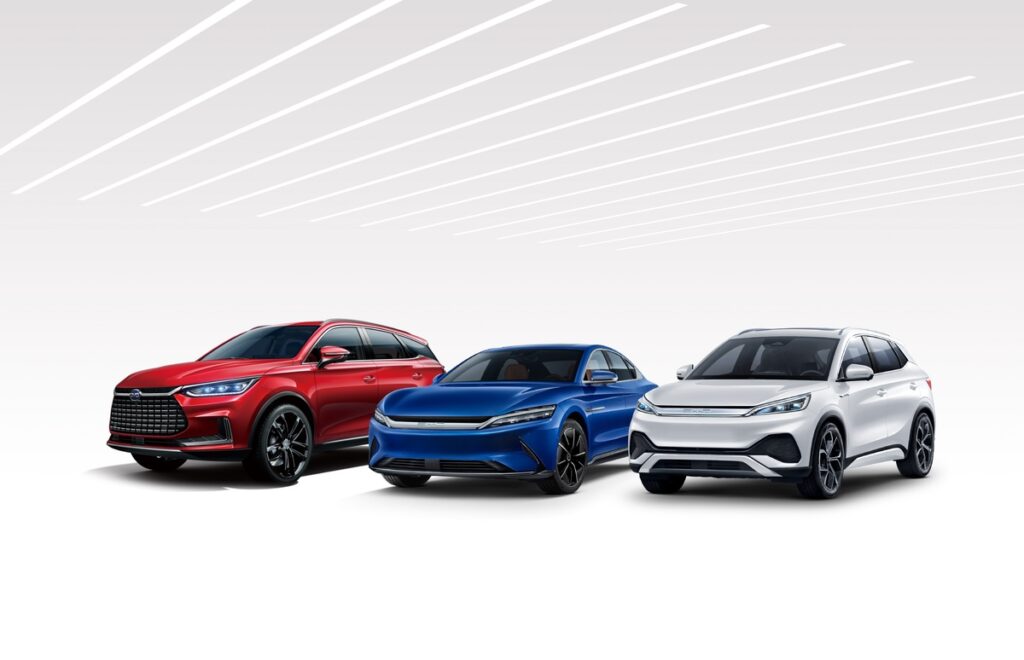Is India opening up to electric vehicles?
15 January 2023

It is the world’s fourth-largest automotive economy, however, India’s domestic carmakers have been slow to follow the trend of electrification. But is this about to change?
Hosted for the first time since 2020, Auto Expo, Asia’s largest automotive show, kicked off earlier this week in India. International automotive manufacturers have taken to the show to reveal new electric vehicles (EVs).
Key launches came from the likes of China’s BYD and SAIC, with companies unveiling electric models for the Indian market, while Hyundai formally introduced the Ioniq 5.
Conversely, the absence of Mahindra & Mahindra (M&M), Volkswagen (VW), Citroen, Nissan, Renault, BMW, Jaguar Land Rover, Mercedes-Benz and Honda was notable. The no-show by Mahindra proved particularly eye-catching.
The Indian manufacturer only has one EV in its portfolio at present, the e-Verito sedan. In August last year, the carmaker unveiled its Inglo EV platform on which it will build five electric SUVs, using components from VW’s Modular Electric Platform (MEB). By 2027, M&M expects a quarter of its SUVs to be electric.
Indian carmakers electrifying
Other major players showcased new EV models at Auto Expo 2023. Suzuki debuted the eVX, an all-electric SUV concept. Slated to be introduced to the Indian market by 2025, Suzuki Motor Corporation (SMC) representative director and president, Toshihiro Suzuki, highlighted the need to reduce greenhouse gas emissions.
‘I am delighted to unveil the eVX, our first global strategic EV. At the Suzuki Group, addressing global warming is a priority. We are promoting a range of global measures to reduce greenhouse gas emissions. Suzuki will continue providing valuable products to our customers around the world by optimising them for the way different people live and drive.’
Meanwhile, India’s third largest passenger-car manufacturer, Tata Motors, showcased its Sierra EV SUV concept at Auto Expo 2023. The crossover reveals where the company hopes to take the Sierra name.
India and EVs
Electrification in India is currently a work in progress. According to a report by Bosch, EVs occupy less than 1% of total vehicle sales in the country, with the potential to grow to more than 5% in a few years.
The Indian government wants 30% of private vehicles to be electric by 2030. But, despite carmakers’ efforts to bolster the EV market, some negative factors persist. These include prohibitively high upfront costs and a lack of public charging infrastructure.
Tata Power recently announced plans to set up 25,000 EV charging points in India over the next five years. This schedule dovetails with some of the launches scheduled by domestic manufacturers. These infrastructure roadmaps also chime with the Indian government’s National Electric Mobility Mission Plan, which is designed to provide a framework to promote the adoption of electric mobility in India.
Renault has emerged as another carmaker with an interest in the Indian EV market. According to Reuters, the French manufacturer is looking to build a mass-market EV in the country. Central to this plan is an electric version of its Kwid model, with the possibility of a launch in late 2024.



